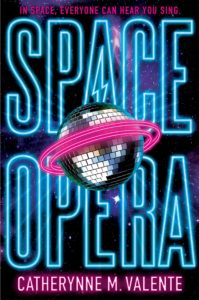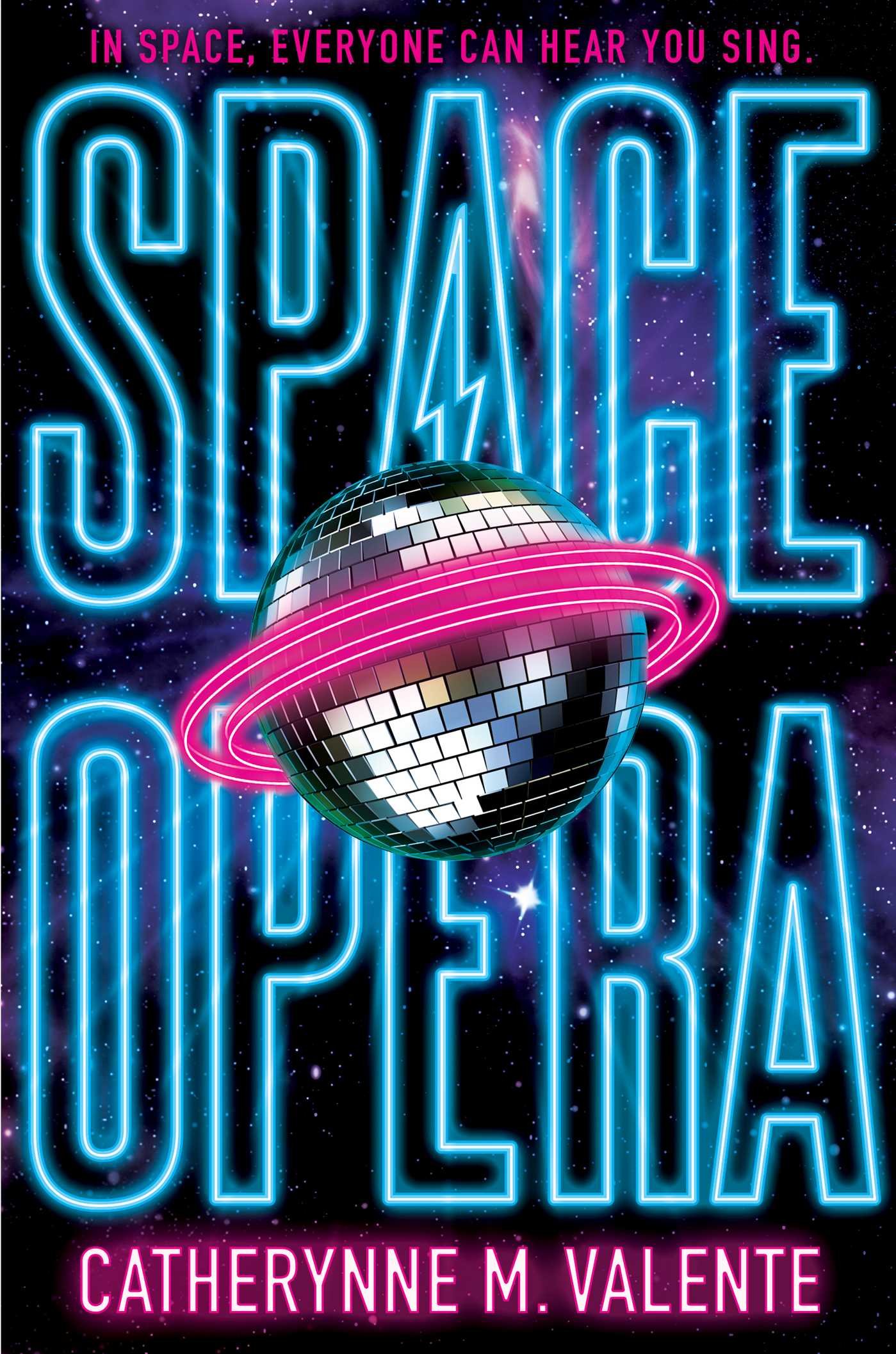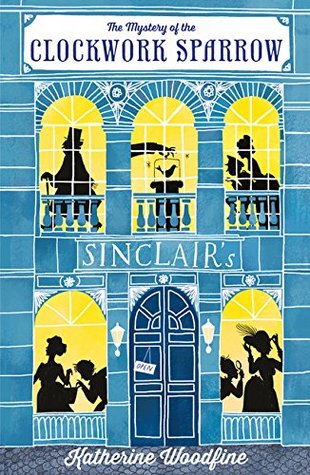 The first that Earth heard of the Metagalactic Grand Prix was when aliens landed on the planet and announced that humans had to compete. Simultaneously, mankind was informed that if they didn’t want all traces of their species to be wiped out, they’d have to avoid coming in dead last. The purpose of the Grand Prix? To prove the sentience of participating species and prevent the galaxy from falling into another disastrous Sentience War. The method of the contest? Why, a Eurovision-like singing competition, of course.
The first that Earth heard of the Metagalactic Grand Prix was when aliens landed on the planet and announced that humans had to compete. Simultaneously, mankind was informed that if they didn’t want all traces of their species to be wiped out, they’d have to avoid coming in dead last. The purpose of the Grand Prix? To prove the sentience of participating species and prevent the galaxy from falling into another disastrous Sentience War. The method of the contest? Why, a Eurovision-like singing competition, of course.
The first thing you’ll notice about Catherynne M. Valente’s Space Opera is the lively exuberance of its narrator, who plows ahead at a million miles a minute right from the very first page. I made the mistake of starting this book after a long day at work, thinking it would help me relax, and soon found that Space Opera doesn’t work with an already-tired brain. It demands that you work to keep up, but if you do, you’ll be well rewarded with a joyful, tongue-in-cheek science fiction extravaganza.
A few pages into the book, it is revealed that Earth’s representative in the Grand Prix is has-been glam rock band Decibel Jones and the Absolute Zeros, a trio led by a futuristic David Bowie–like frontman and, unfortunately, currently missing one of its key members. Space Opera is told in chapters alternating between the history and present experiences of Decibel Jones and his bandmates – Oort St. Ultraviolet and Mira Wonderful Star – and a whirlwind tour of Grands Prix past and the races that competed in them.
The chapters dealing with the band were by far my favorite; Valente has populated her story with characters who are fabulous, heartfelt, and fun – almost as if they were plucked out of a particularly musical episode of Doctor Who. The other chapters, while necessary for background and context in the story, made the novel drag a bit for me, mostly because they interrupted the flow of the linear narrative. What’s more, each one required me to set aside my interest in the developing story to learn about a new, ever-more-bizarre race of aliens that I had to try to care about. It was a bit like being forced to start the book 20 times instead of once. I didn’t hate them, but it did slow down my reading considerably.
Readers who are most tuned in to Valente’s sense of humor, however, likely won’t feel the same way about the novel’s structure. While there were many parts that I found funny, there were also several instances when I found myself thinking, “I find this mildly amusing, but I know there is a reader out there who is snorting milk out of their nose or laughing out loud uncontrollably in a public place. That reader needs to find this book.” If you love Eurovision, David Bowie, and those parts in Gilmore Girls where Lorelai and Rory have rapid-fire pop-culture conversations, then Space Opera is definitely for you.
A copy of this book was provided by the publisher for review.


